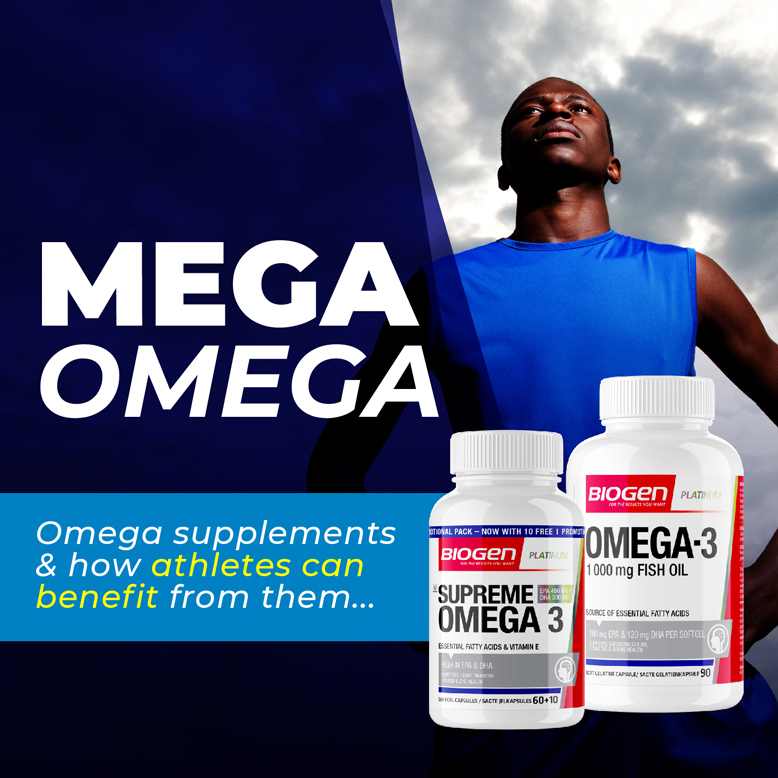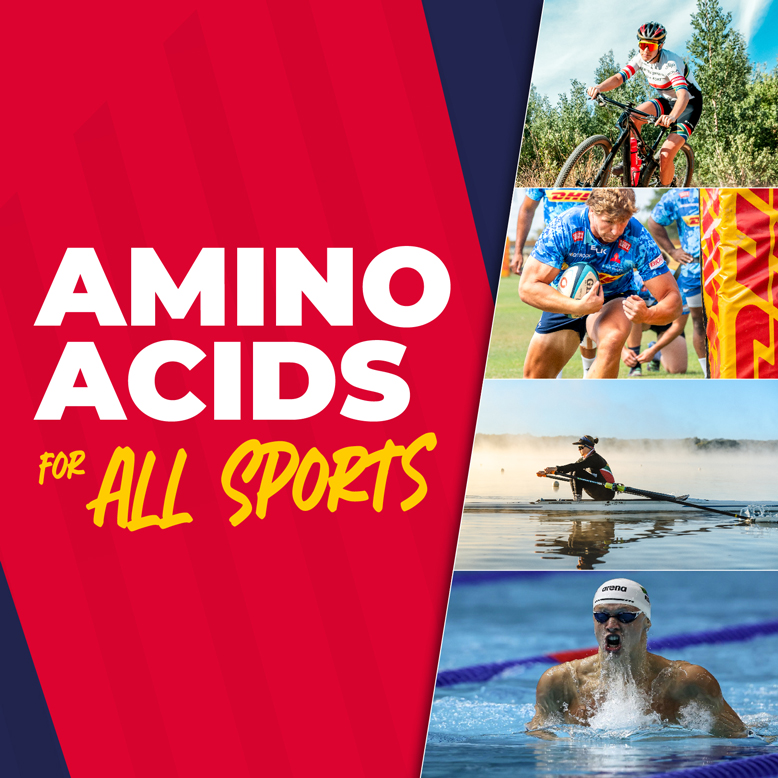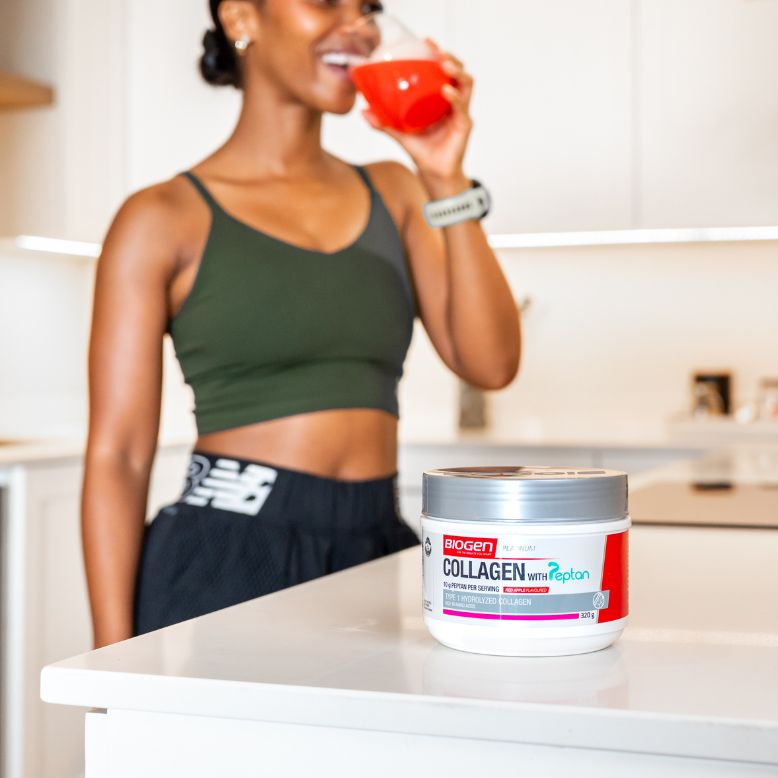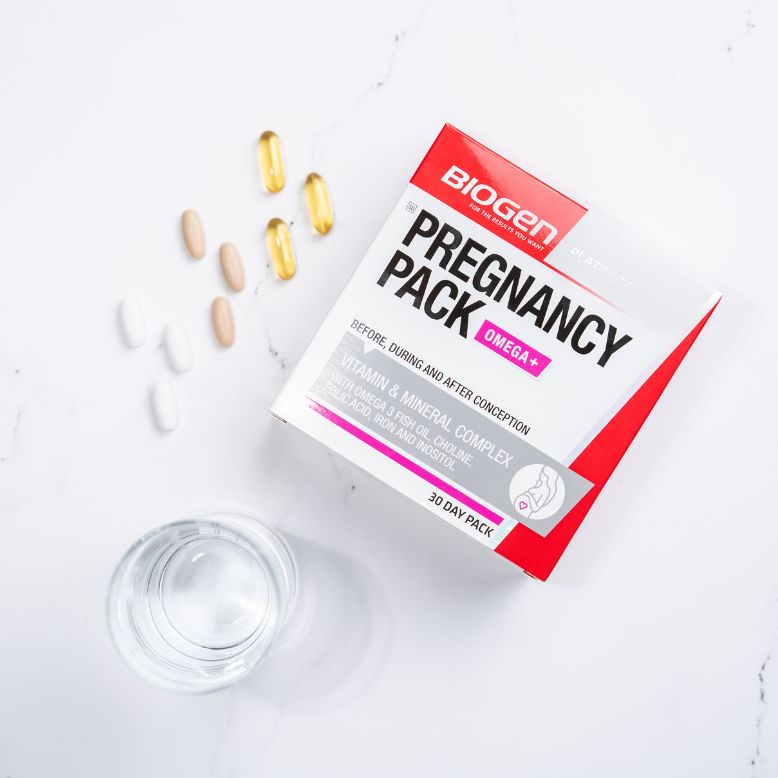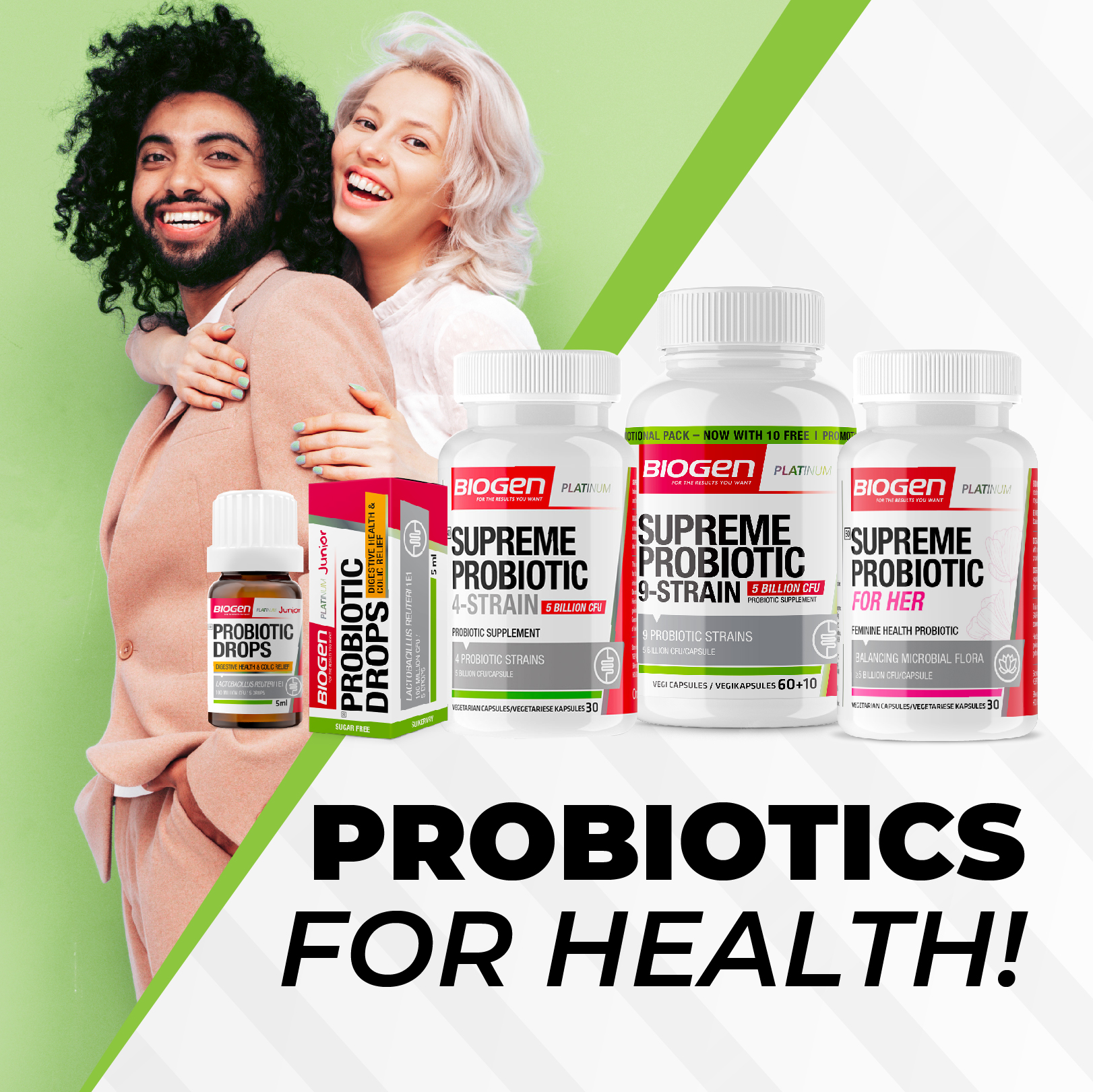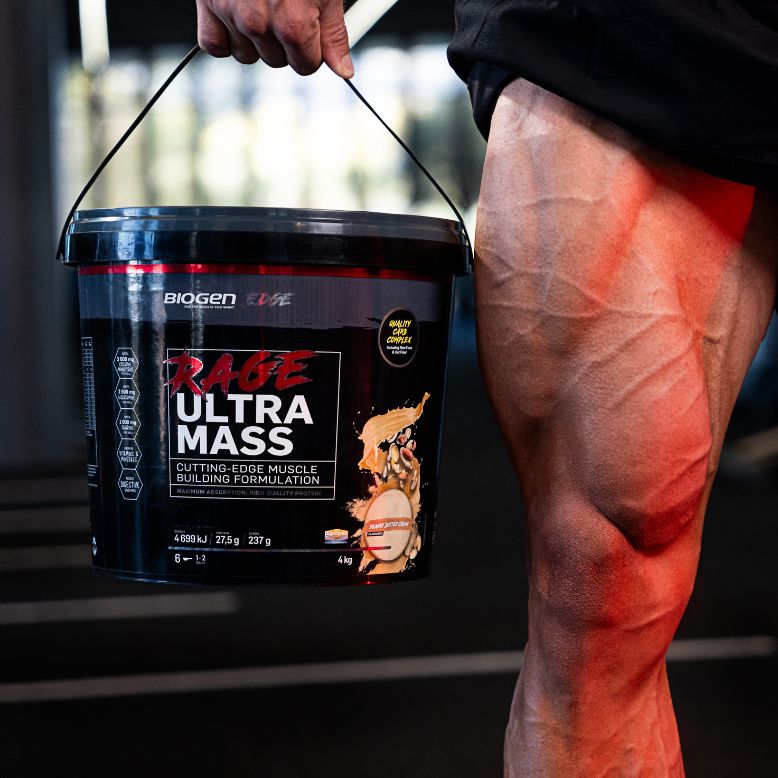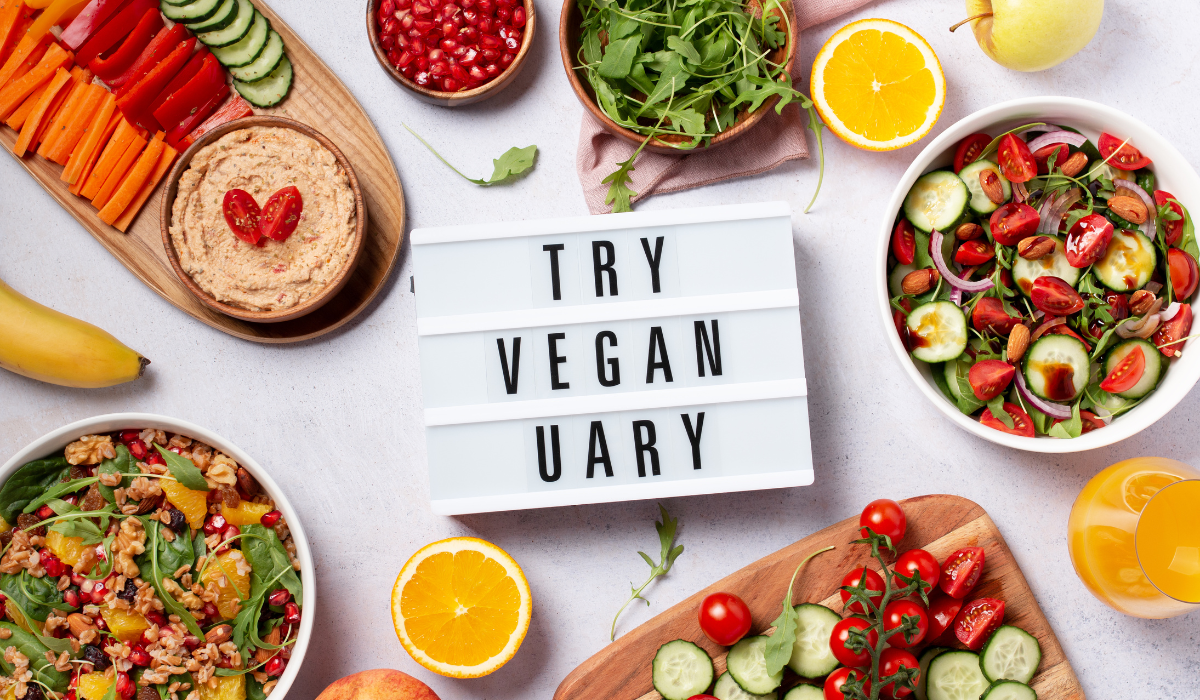
#Veganuary is gaining popularity!
If you haven’t joined in yet, don’t worry – there’s still time to discover the steps you can take to embrace a plant-based lifestyle.
Exploring a vegan lifestyle can seem like a lot, but fear not! We’ve got you covered with exclusive insights from vegan Biogen ambassador, Erin Katherine, and her Ultimate Veganuary Guide for Plant-Based Living.
Whether you’re figuring out your plant-based menu, sidestepping common pitfalls, discovering savvy dining-out strategies, or maintaining your well-being, we’ve got the inside scoop for you.
Contents
- Steps to Veganuary & What to Eat
- Mistakes to Avoid
- Eating Out & Staying Healthy
- Essential Nutrients & Supplementation
- Example Day of Eating
- Final Tips
1 – Steps to Veganuary & What to Eat
Navigating Your Vegan Journey
Embarking on Veganuary is exciting and, at times, challenging. Let’s break down some key tips to getting started:
Shift your focus: Instead of dwelling on restrictions, get excited about the abundance of plant-based options.
Make a list: Identify your favourite dishes, even the non-vegan ones.
Veganise your favourites: Explore ways to make your beloved dishes vegan-friendly.
Open your mind: Embrace new flavours and textures; it’s a journey of culinary discovery.
Follow vegan foodies: Draw inspiration from the vibrant world of vegan recipes and ideas shared online and on social media.
Try new things: Venture into uncharted culinary territory and don’t be afraid to experiment.
Have a buddy: Share the experience with a friend or partner for added motivation and support.
Vegan Staples You Can Enjoy
Wondering what you can eat on a vegan diet? Erin’s list of vegan staples will inspire your plant-based journey:
| Bread & pizza bases | Almost all basic cereals (read the labels) | Jams |
| Wraps, rotis, parathas | Rice cakes | Hummus |
| Grains | Checkers Crackers | Instant coffee & tea |
| Specific brands of cookies & rusks | Peanut butter and nut butters | Woolworths Vegan Hot Chocolate |
| Various packet sauces & soups | Margarine (Sunflower, D’lite, Stork, Flora Vegan) | Nestle Vegan Cappuccino |
2 – Mistakes to Avoid
Veganuary Guide to Embracing Imperfection
In the world of Veganuary, there’s no need to fear mistakes; they’re part of the learning process. Erin’s advice:
DO:
Embrace whole-foods: Prioritise whole foods for their nutritional richness.
Cook your meals: Enjoy the process of creating your own delicious, plant-based meals.
Plan ahead: Minimise poor food choices by planning your meals and shopping in advance.
Eat enough: Avoid the misconception of eating less for weight loss; nourish your body adequately.
Be persistent: Give new tastes and dishes more than one chance before making a final judgement.
DON’T:
Try to eat less for weight loss: A wonderful side effect of a whole food vegan diet is weight loss, but eating less may leave you hungry, tired, and more likely to binge.
Give up after a week: The first week is the hardest and it’s not enough time to start feeling the benefits of a plant-based diet.
Be scared of volume: Eating whole foods may require more volume, but it’s essential for optimal nutrition.

3 – Eating Out & Staying Healthy
Savouring Every Bite
Dining out as a vegan doesn’t mean compromising on flavour. Here are some tips to enhance your dining experience:
Confidence is key: Stand proud in your choice and confidently make decisions that align with your values.
Read between the lines: Explore non-vegan menu items that you can modify to suit your preferences.
Sides menu magic: Craft a satisfying meal from the sides menu for a delightful dining experience.
Plan and prepare: Search menus in advance or call the restaurant to ensure vegan-friendly options.
Choose vegan restaurants: Take charge of choosing restaurants that cater to vegan preferences.
Choose inclusive cuisines: Opt for cuisines with inherent vegan and vegetarian options for diverse and flavourful choices.
Home nutrition: Maintain a healthy balance by prioritising nutrition at home, allowing occasional indulgences when dining out.
4- Essential Nutrients & Supplementation
Nutritional Concerns
Worried about essential nutrients on a vegan diet? Let’s address the three common concerns:
What Should I Supplement?
For overall health, Erin recommends Vitamin B12 supplementation, crucial for both vegans and meat eaters due to widespread deficiency caused by depleted soil and farming practices. Reliable sources like factory-farmed meat and store-bought vegetables may lack sufficient B12.Solutions include growing your own produce, consuming fortified foods, or taking B12 supplements.
Erin recommends opting for a daily (10 micrograms) or weekly (2000 micrograms) supplement, as research suggests smaller doses may suffice. Monthly injections are an alternative. B12 supplements are affordable and easily accessible. A well-balanced whole food plant-based diet provides all essential nutrients, including iron, vitamin A, and B vitamins, for optimal health.
5 – Example Day of Eating – Erin’s Culinary Inspiration
A Glimpse into Erin’s Daily Vegan Diet
Curious about a day in the life of a seasoned vegan? Here’s an example of what Erin enjoys in a day:
- Breakfast: Fresh fruit, vegan soy yoghurt, homemade granola, almond milk, and a mix of nuts and seeds.
- Snack: A small salad and hummus whole wheat wrap with Fry’s vegan chicken strips.
- Lunch: Roast potatoes, pumpkin, green beans, lentils, vegan gravy, carrots, and homemade sprouts.
- Dinner: Vegan chilli, chutney and banana, broccoli and avocado on a bed of baby spinach.
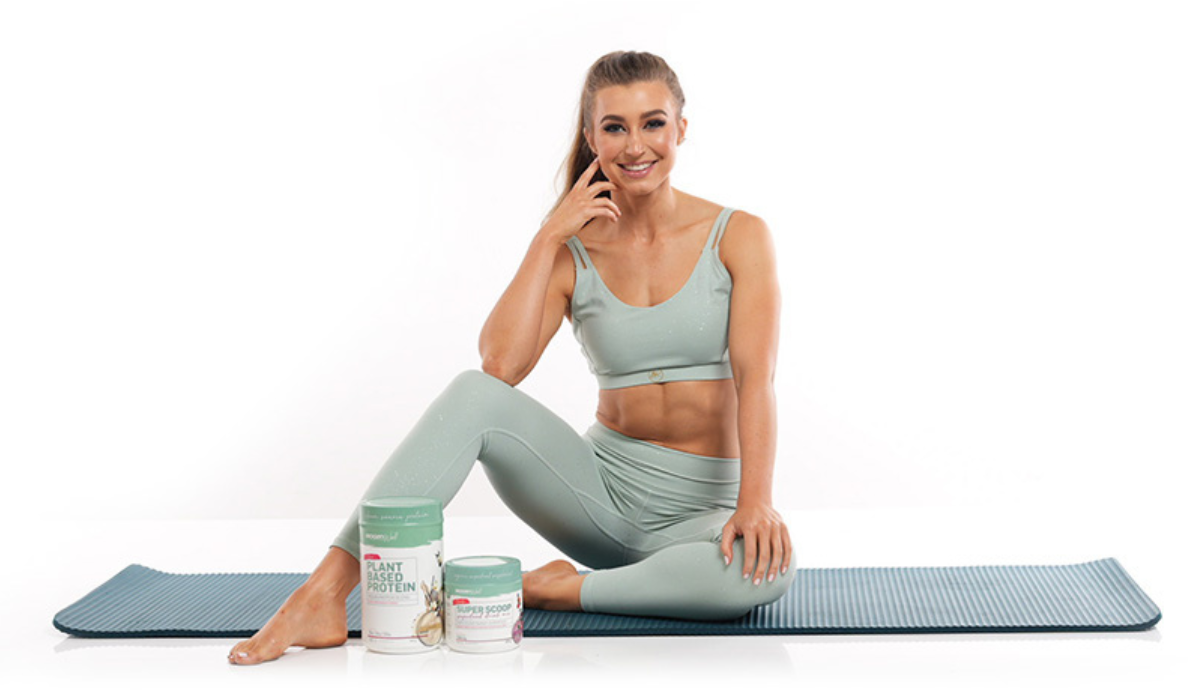
6 – Final Tips
Taking Action
Move Your Body: Incorporate physical activity into your routine.Stay Hydrated: Aim for at least 3 litres of water daily.
Eat the Rainbow: Embrace variety by consuming a diverse range of plant foods.
Fibre Focus: Prioritise high-fibre options for optimal digestive health.
Conclusion
These guidelines will help prepare you to start a rewarding Veganuary journey! View it as a chance to explore a realm of tasty, cruelty-free choices that positively impact your health, animals, and the environment.
As a newcomer, understand that transitioning to a fully plant-based lifestyle doesn’t have to happen overnight. Begin by incorporating more whole plant-based foods and reducing heavily processed items – it’s a fantastic starting point. It’s not an all-or-nothing situation, and every small change you make contributes to a positive difference.


